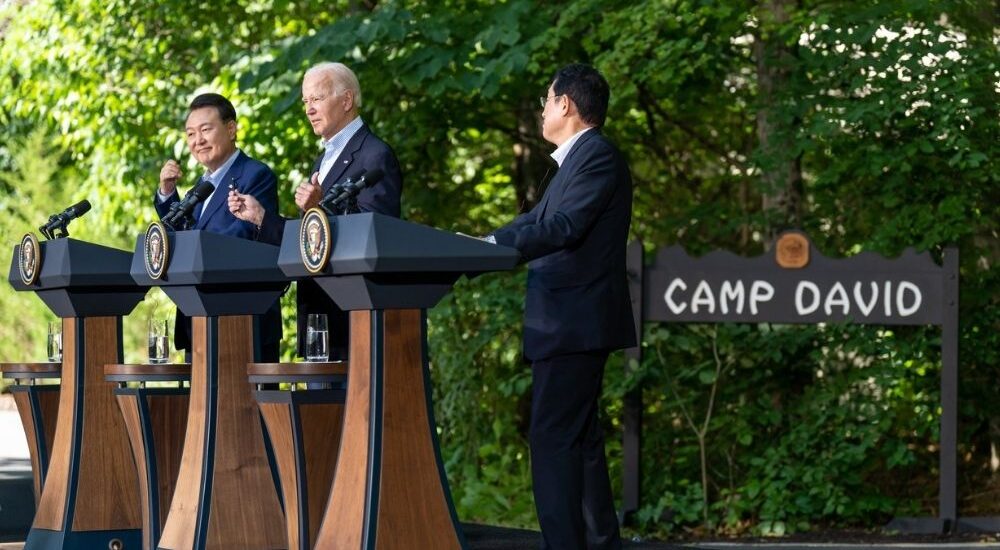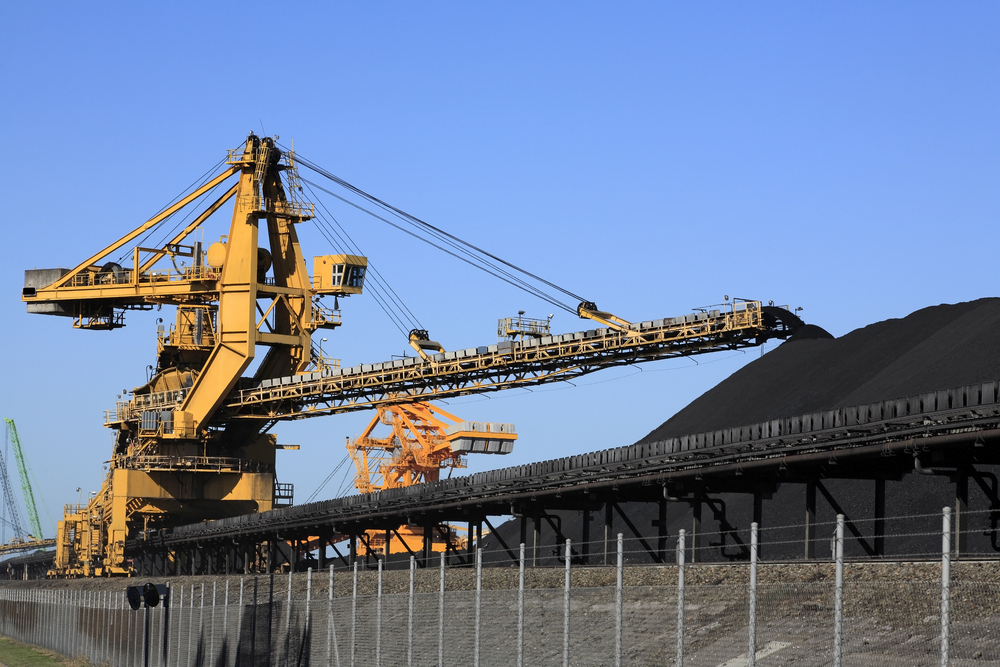U.S., Japan, South Korea agree to deepen cooperation against China at Camp David
- August 19, 2023
- Posted by: Quatro Strategies
- Categories: Asia Pacific, Business & Politics, United States

U.S. President Joe Biden, along with South Korean President Yoon Suk Yeol and Japanese Prime Minister Fumio Kishida, held a summit at Camp David to deepen military and economic cooperation among the three countries. This summit aimed to project a unified front in response to challenges posed by China’s increasing power and North Korea’s nuclear threats.
The leaders issued a joint statement condemning what they called “dangerous and aggressive behavior” by China in the South China Sea. They opposed any unilateral attempts to alter the status quo in the Indo-Pacific waters and pledged to stand up for international law and against coercion. This strong condemnation of China’s actions marks a significant move by South Korea and Japan, both of which have economic ties with China.
While the summit does not constitute a formal mutual-defense pact, it represents a substantial step for South Korea and Japan, which historically have had strained relations. The summit’s focus on military training exercises, information sharing on North Korean missile launches, and prompt consultation during crises underscores the commitment to regional security.
The leaders emphasized their shared perception of threats posed by China’s assertive behavior and North Korea’s nuclear capabilities, pushing them to work together more closely. The decision to institutionalize routine cooperation across various domains is intended to make progress between South Korea and Japan difficult to reverse in the future.
Beijing responded by warning that such efforts to strengthen ties with South Korea and Japan could escalate tension and confrontation in the region. China perceives these moves as an attempt by the U.S. to isolate it diplomatically and encircle it militarily.
While the leaders emphasized the importance of unity and cooperation, they also acknowledged the complexity of their respective domestic political situations. Biden, facing a potential re-election campaign, must navigate the delicate balance of strengthening alliances while addressing domestic concerns. Similarly, South Korea and Japan have upcoming elections, making the rapprochement between the two nations a sensitive and potentially contentious issue among their voters.
Interested in learning more?
Sign up for Top Insights Today

Top Insights Today delivers the latest insights straight to your inbox.
You will get daily industry insights on
Oil & Gas, Rare Earths & Commodities, Mining & Metals, EVs & Battery Technology, ESG & Renewable Energy, AI & Semiconductors, Aerospace & Defense, Sanctions & Regulation, Business & Politics.


